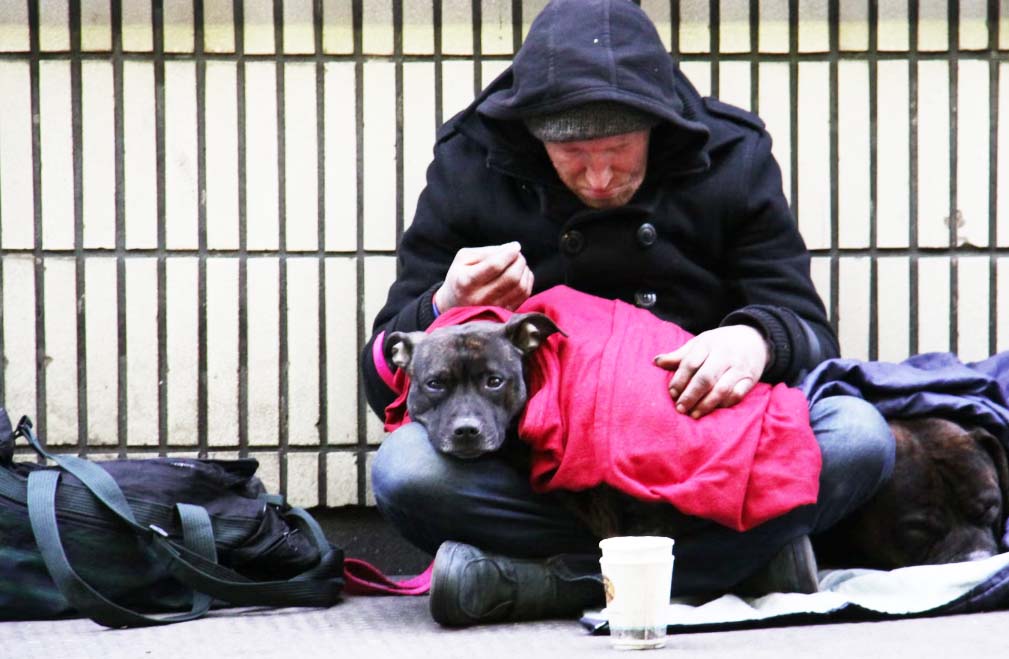Help is on the way for Utah’s homeless population in the form of a $66.2 million strategic initiative funded by the recently-concluded general session of the Legislature (Image courtesy of Unsplash).
SALT LAKE CITY – Now that the smoke has cleared following the 2024 general session of the Legislature, the details – and the price tag – for Utah’s newly approved strategic homelessness initiative have emerged.
“Our homeless friends need our help,” Gov. Spencer Cox said simply, praising the work of the lawmakers addressing that concern. “I’m grateful to live in a state where we take care of each other and our most vulnerable.”
The $66.2 million homeless package approved by the Legislature includes funding for affordable housing; mental health services; shelter for families and the elderly; detox facilities and youth shelters.
The non-profit Utah Impact Partnership has also committed an addition $15 to help support the state’s vulnerable population, making the total $81.2 million that Utah will spend on the homeless problem in Fiscal 2025.
“This comprehensive approach will help keep all Utahns safe; improve our cities, counties and businesses; ensure that tax dollar are spent wisely; and prevent homelessness on the front end,” the governor added.
Cox’s staff went on to explain the benefits of the funding package in detail.
The $66.2 million in funding approved by the Legislature includes $50.7 million for emergency shelters, $4.4 million for homeless prevention and $11.1 million for behavioral health.
The emergency shelter investments envisioned by lawmakers includes $25 million for low-barrier shelter development, $21.8 million for statewide homeless support, $2.5 million to mitigate homeless shelters in cities and another $1.4 million for other shelter supports.
The Legislature also funded a new HOME Court to facilitate lasting treatment outcomes for homeless individuals as well as $1.7 million in support for youths experiencing homelessness under the Temporary Assistance for Needy Families (TANF) program.
Under the general heading of behavioral health, the $11.1 million investment package includes $8.2 million for a “step-down” facility for homeless individuals with severe mental illness and $2.3 million to address behavioral workforce gaps, as well as additional funding for opioid-related support housing and behavior health licensing support.
The $15 million in matching funds from the Utah Impact Partnership will be earmarked for creating sustainable, dignified solutions for those in need, according to Randy Shumway, the non-profit group’s treasurer.
House Speaker Mike Schultz (R-Hooper) joined the governor in expressing pride for the Legislature’s work in addressing unsanctioned camping, improving housing affordability and mitigating the effects of homelessness on local communities statewide.
The state’s funding to address homelessness concerns is included in House Bill 3 (Appropriations Amendments), passed by the Legislature in the its final hours on Mar. 1.
Additional bills approved by lawmakers to address this concern included House Bill 298, which reshapes the state’s Homelessness Board to strengthen data accountability and governance; House Bill 299, which address civil commitment laws to provide care for patients suffering from mental health issues; House Bill 421, which addresses unsanctioned camping and establishes the HOME Court pilot program; House Bill 548, allowing “round up” donations from state liquor stores to the Pamela Atkinson Homeless Account; and Senate Bill 139, which would allow state courts to order treatment with anti-psychotic drug to maintain a defendant’s competency to stand trial.
Cox expressed gratitude for the collaborative commitment to improve the lives of homeless individuals and families shown by state officials, Salt Lake County, Salt Lake City, the Utah Impact Partnership, cities and towns, state courts and many others.
According to its website, the Utah Impact Partnership strives to improve solutions for homelessness and housing instability in Utah by making recommendations on the coordination of philanthropic activities, convening of experts and supporting quality research and analysis.

